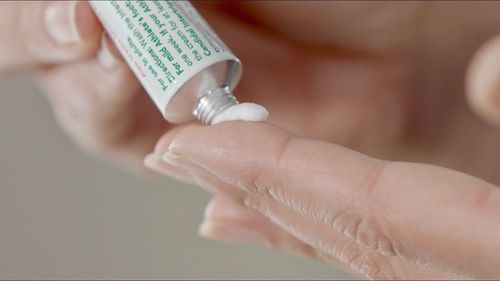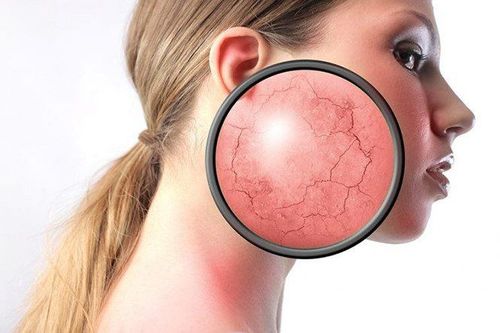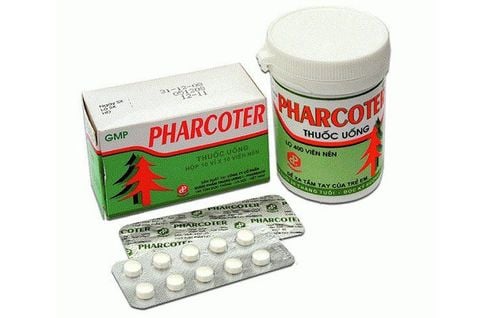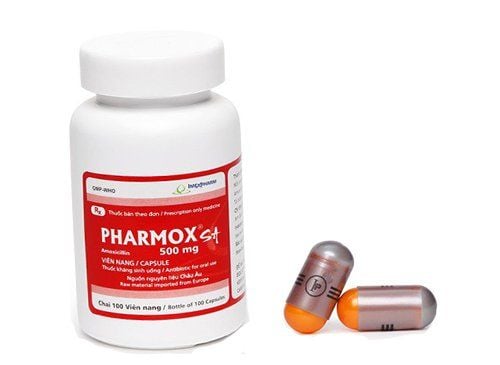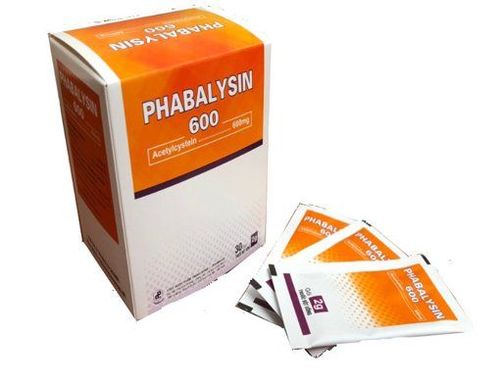This is an automatically translated article.
Glucocorticoid is a hormone secreted by the adrenal gland or chemically synthesized. Glucocorticoids play an important role in the body's metabolism to ensure the maintenance of vital functions. If used improperly, Glucocorticoids can cause toxicity. So what should be noted when using Glucocorticoids?1. Learn about Glucocorticoid drugs
Glucocorticoid, also known as corticosteroid, is a hormone that plays an important role in the body. Glucocorticoids participate in the metabolism of lipids, glucide, lipids, calcium and phosphorus, and help metabolize water and electrolytes. The drug also helps to increase gastric secretion, reduce mucus secretion, and stimulate appetite.In terms of treatment, Glucocorticoids mainly help with anti-inflammatory, anti-allergic and immunosuppressive.
Dosage forms of Glucocorticoid:
Oral tablet form. Intravenous, intramuscular or intra-articular injection. Topical drugs: come in the form of gels, creams, ointments or solutions. nebulizer with glucocorticoid solution. Glucocorticoid nasal spray. Indications for use of Glucocorticoids in the following cases:
Patients with autoimmune diseases such as: lupus erythematosus, rheumatoid arthritis... Respiratory diseases: COPD (chronic obstructive pulmonary disease), bronchial asthma . Using the drug in cases of severe allergic reactions results in symptom relief very quickly. Adrenal hormone replacement therapy when the adrenal glands do not produce enough of the necessary hormones. Immunosuppressive, prophylactic in organ transplants. To the body, newly transplanted organs are treated as foreign antigens. To protect itself, the immune system will work to increase attack to eliminate foreign antigens. This affects the transplant process so that the body can adapt to the new organ. The use of corticosteroids for early immunosuppression is essential to protect new organs. In addition, corticosteroids are also indicated for people with gout, or some skin diseases such as psoriasis, allergies, eczema... Corticosteroids are drugs that cause many effects on many different organs such as Severe diabetes, immunosuppression increases the risk of infections, causes hypertension, Cushing's disease, edema, osteoporosis...
2. Can Glucocorticoid Detoxify?
It can be said that Glucocorticoid is also a drug containing strong toxins. Long-term use of high doses of GC can cause corticosteroid poisoning with serious consequences. Glucocorticoid can be detoxified or not is something many people are wondering.
In fact, it is possible to detoxify Glucocorticoids clinically as soon as possible. Depending on the symptoms, measures can be taken to prevent or correct early, as soon as symptoms appear due to drug toxicity. Specifically:
For children, prolonged use of high doses of GC will inhibit bone growth, making children grow more slowly than their peers. Overcome by limiting GC prescribing to children. In case of need to take medicine, give the child more calcium and protein. Short-term toxicity of GC in children can cause sleep disturbances, vomiting, or behavioral disturbances. It is necessary to note the symptoms to report to the doctor for appropriate drug treatment. Glucocorticoids reduce calcium absorption in the small intestine, imbalance bone formation and bone resorption, causing premature osteoporosis. Therefore, reduce the dose of GC to the lowest possible level, combined with additional vitamin D and calcium supplements. If Cushing's syndrome is caused by long-term glucocorticoid use, it is necessary to gradually reduce the dose to stop the drug. Long-term GC use is one of the causes of adrenal insufficiency. The dose should be reduced gradually when stopping the drug. It is recommended that in patients at risk of adrenal insufficiency, preference should be given to drugs with short and intermediate half-lives. For topical drugs, Glucocorticoids can cause skin atrophy, acne, dermatitis due to damage to the protective barrier... To detoxify GC on the skin, drugs can be given according to symptoms, or treated at home. At home by drinking lettuce juice, steaming or applying a detoxifying mask also gives a very quick effect. To limit the risk of symptoms of Glucocorticoid toxicity due to long-term overdose, it is important to note a few things as follows:
Use the drug exactly as prescribed by the doctor, follow all instructions. Start with a low dose, do not increase the dose on your own. In patients on long-term corticosteroid therapy, the drug should not be stopped abruptly, the dose should be reduced gradually. Consult your doctor to find out how to reduce the dose appropriately, still effective treatment without causing side effects when stopping using the drug. Along with taking medicine, there must always be a scientific and healthy nutritional diet. Exercise to improve health. Should supplement calcium, vitamin D because prolonged use of corticosteroids can cause osteoporosis. The use of corticosteroids to treat the disease is like a double-edged sword. Although the drug is effective quickly on many different diseases, it also causes many side effects. Therefore, before intending to use the patient should consult the doctor, pharmacist to get the best treatment for the disease.
Please dial HOTLINE for more information or register for an appointment HERE. Download MyVinmec app to make appointments faster and to manage your bookings easily.




